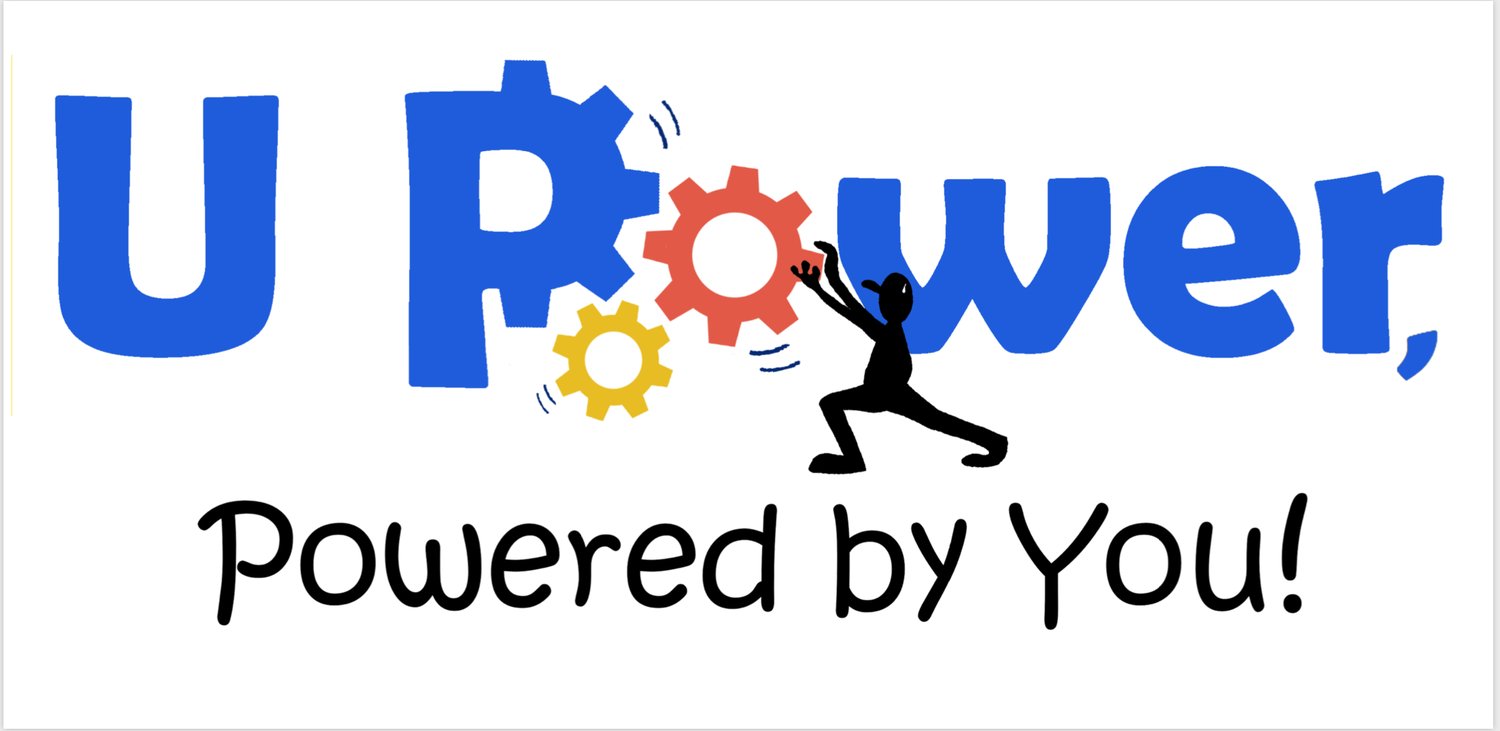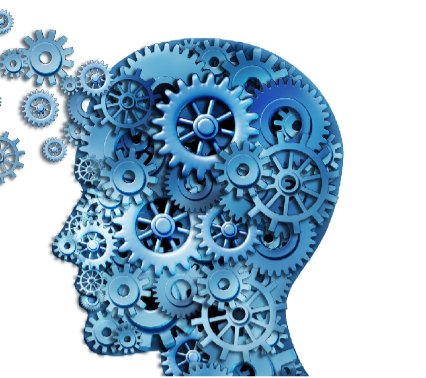The frontal lobe of the brain plays a crucial role in executive function, which includes a set of
cognitive processes responsible for:
● planning
● organizing
● decision-making
● working memory
● impulse control
In teenagers, the development of the frontal lobe is still ongoing. In other words, this part of the
brain is not fully developed no matter how intelligent or capable the teenager is or seems. This
ongoing development can have important implications for their executive functions. Here's how
the frontal lobe and executive function relate to teenagers:
Decision Making: The frontal lobe helps teenagers make decisions by evaluating consequences
and considering long-term goals. As the frontal lobe continues to develop during adolescence,
teenagers may become better at making informed decisions.
Impulse Control: Adolescents often struggle with impulse control and the frontal lobe helps
inhibit impulsive behaviors. As this area of the brain matures, teenagers can improve their ability
to resist immediate temptations in favor of long-term goals. Teens who have difficulty with
impulse control due to a diagnosis of ADHD, Sensory processing deficits, or Autism may seem
to have even more difficulty during these years.
Planning and Organization: The frontal lobe is essential for planning and organizing tasks.
Teens may find it challenging to manage their time and responsibilities. This can be a significant
source of stress and frustration for parents, teachers, and the teen. Very often the teen appears
“lazy” or “unmotivated”. Keep in mind that as their brains mature, this situation will improve,
but like any muscle, the brain must be exercised even when it is difficult.
Working Memory: Working memory allows individuals to hold and manipulate information in
their mind temporarily. The frontal lobe contributes to the development of working memory,
which is crucial for tasks like problem-solving and learning. Teens may seem forgetful. This is a
very common complaint with parents and teachers. Knowing that their working memory is still
developing allows for a sense of understanding and empathy. However, teaching and practicing
strategies to improve memory is also highly recommended.
Emotional Regulation: The frontal lobe also plays a role in emotional regulation. Teenagers
may experience mood swings and emotional intensity due to ongoing brain development.
Hormones and the limbic system sometimes override the ability to respond appropriately. As the
frontal lobe matures, emotional regulation tends to improve.
Social Cognition: Understanding social cues, empathy, and recognizing others' perspectives are
part of social cognition. The frontal lobe is involved in these processes and its development
contributes to teenagers' ability to navigate complex social interactions. This is an area that teens
who have diagnoses such as ADHD, Sensory processing deficits, or Autism may struggle with.
Direct interventions and strategies are crucial for social cognition.
It is important to note that the timing of frontal lobe development can vary from person to
person. Some teenagers may have more developed executive functions earlier than others.
Additionally, environmental factors, such as education and experiences, can influence the
development of executive function skills in teenagers. Executive function coaching may be a
valuable tool to support your child’s ability to self-regulate, organize, and plan ahead for
assignments.
Executive function coaching has been shown to aid young adults as they work their way through
middle school, high school, college, and well into their professional lives. The skills they learn
are for a lifetime of reduced stress and anxiety, which in turn results in improved quality of life
as they continue their journey. Should you have questions about Executive Function Coaching
and what it can do for your child, drop me a line at robyn@upowerllc.com. When Executive
Function Coaching is done well and in a way that works for your child, it’s a game changer.


